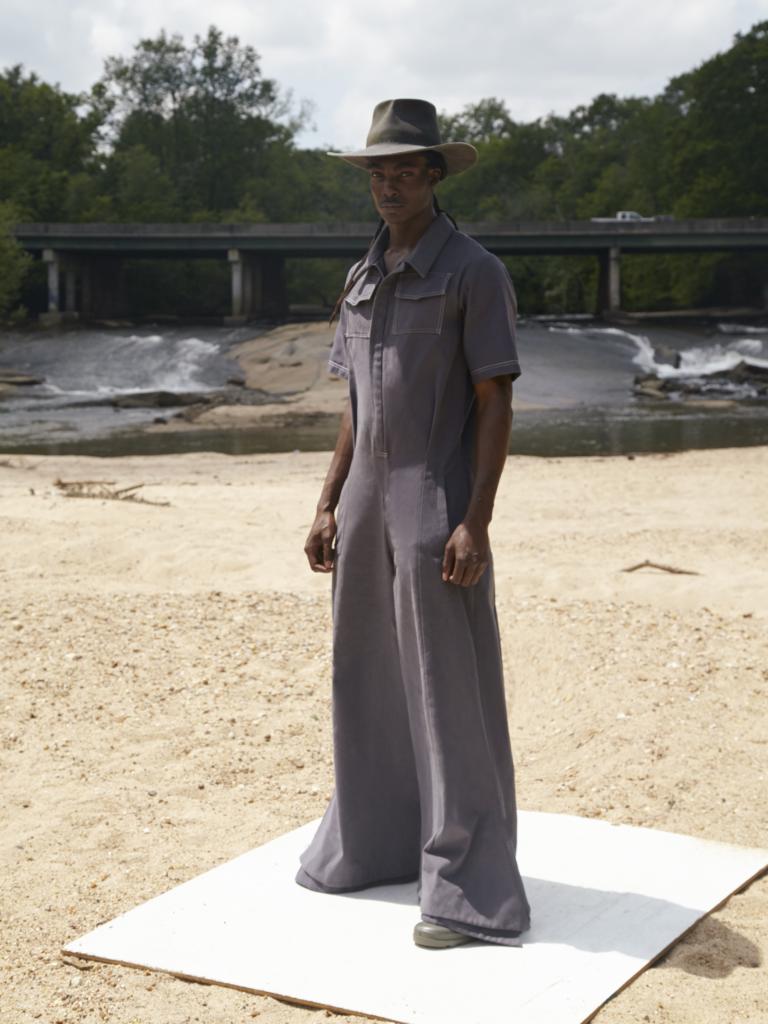

We interviewed fashion designer Rikki Raiford of Rikki J about her debut collection inspired by slavery and the current circumstances in the USA.
Words by Naafia Naah
How was the reaction to people when they saw your creations inspired by african slaves in the US?
The first time that a wide range of people saw it was at my school’s graduate fashion show and it was perceived well. I received a lot of positive feedback about the silhouettes, the styling (hats were done by Milliner Richie Hunter), and its presence on the runway. I can say that an independent journal posted multiple pictures from my photo shoot on their twitter and needless to say a lot of people had negative comments and connotations on the collection without even knowing the symbolism behind it. For a moment I was disappointed because a lot of the comments came from my African-American brothers and sisters, but I had to realize they just didn’t understand.
That mentality is exactly why I designed this collection and all I can hope is that one day I can touch more lives and get them to see the reality of what it means in being black in America and how we can use the disadvantage to lift up those around us to make a change.
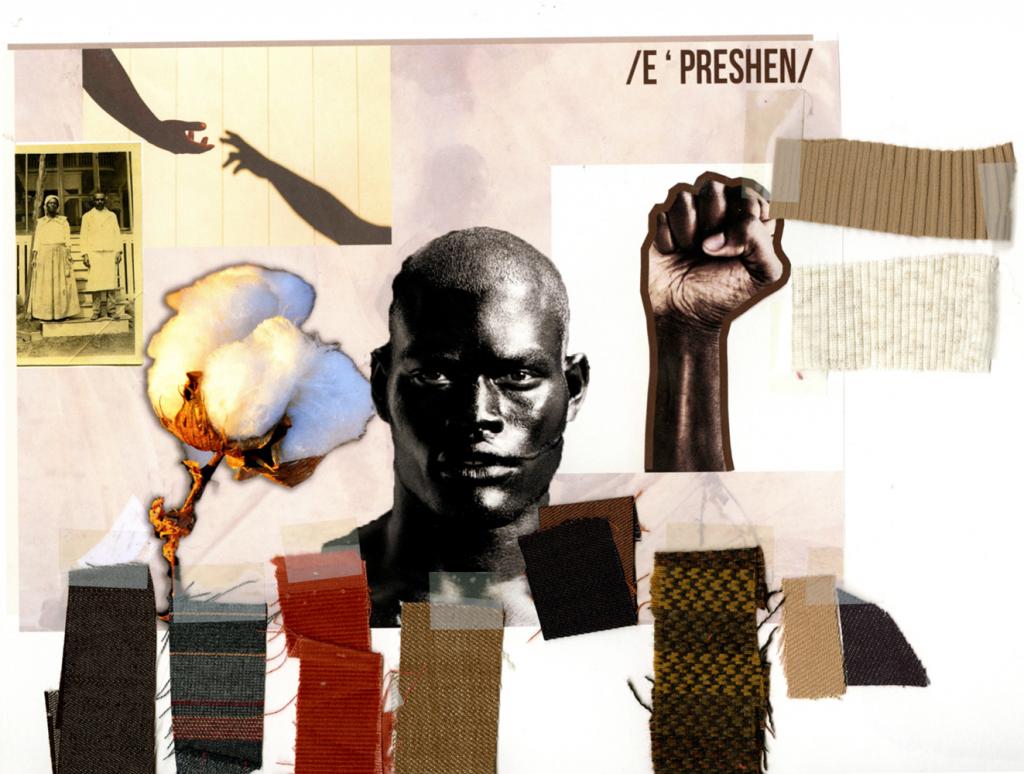
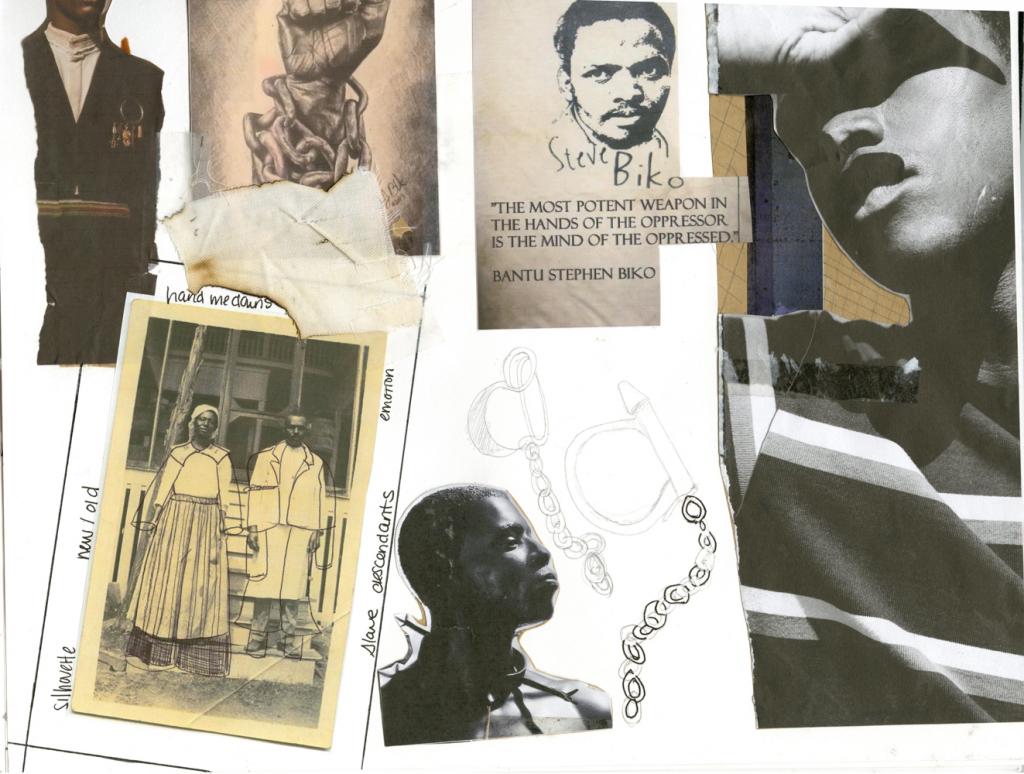
What are the goals of your designs?
The goals of my designs are to empower and evoke emotion. I strive to have my clothing tell a story the moment you lay eyes on them. The purpose is to make a connection with each individual and how they view the world around them and how my clothing can explain, support, or change their outlooks on the issues we still face till this day.
Do you think that your designs which are inspired by slavery can rub salt into the wound?
I definitely believe that and this is one of the reasons I love being a designer. I may do or say things that not everyone is going to gravitate towards and that is perfectly fine with me. If absolutely everybody loved what they saw then I wouldn’t be doing my job as an artist. Slavery is one of those topics that America doesn’t like to talk about because it makes them uncomfortable, but it needs to be a topic of conversation because it’s apart of our heritage. There are countless amounts of social injustice that has happened over the last five years and no justice has been served.
This is why I feel the need to address how we are still oppressed and that is why my collection is entitled E’PRESHEN. ( annunciation of Oppression)
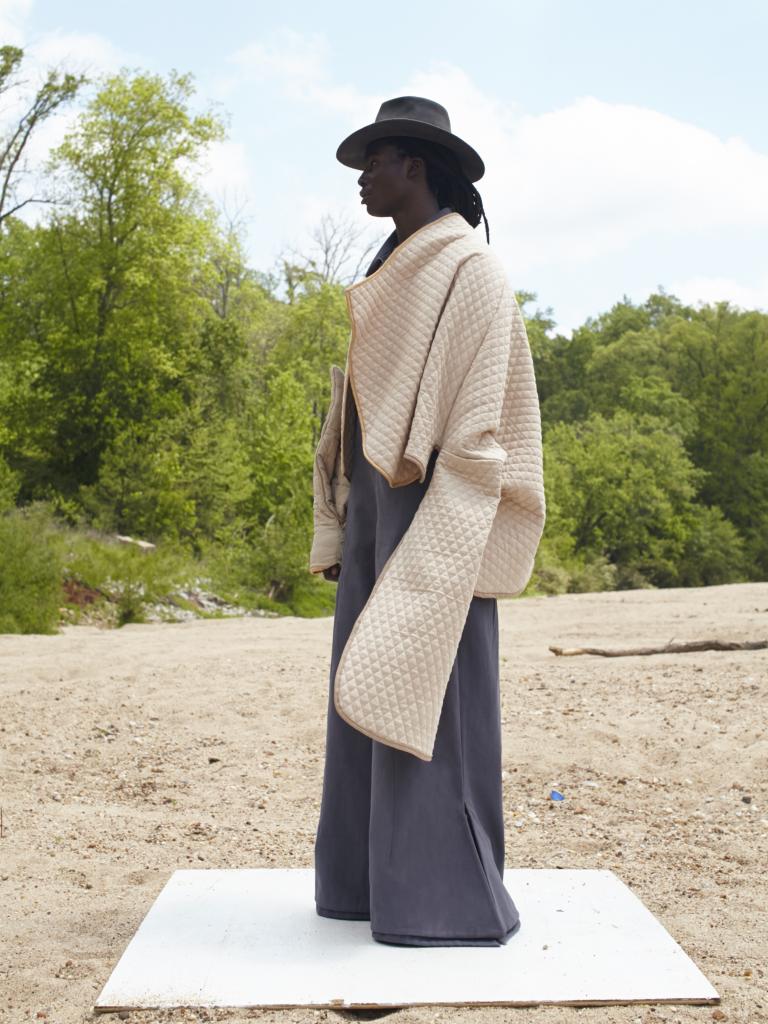
How do you define your target group?
I define my target group to be the guy who accepts and understands that his clothing tells a story. A powerful one that embodies who he is , where he came from and where he still has to go . I want him to be an advocate for what he believes in : whether it’s political, social or personal issues. He has a voice , and he’s not afraid to use it when he feels necessary or even when no one else does. He represents strength in time and an influence of growth that we all experience in our lifetime. He is majestic , he is man , and he is power.
Why did you decide to do Menswear?
I decided to do Menswear from my experience in interning in the industry and doing a lot of research on markets. I believe womenswear is over saturated and menswear is the perfect lane for me to be honest with myself as a designer and to have a platform in a still small, but promising market to reveal and tell a story through the eyes of a black woman living in America. This is how I envision men in every walk of life.
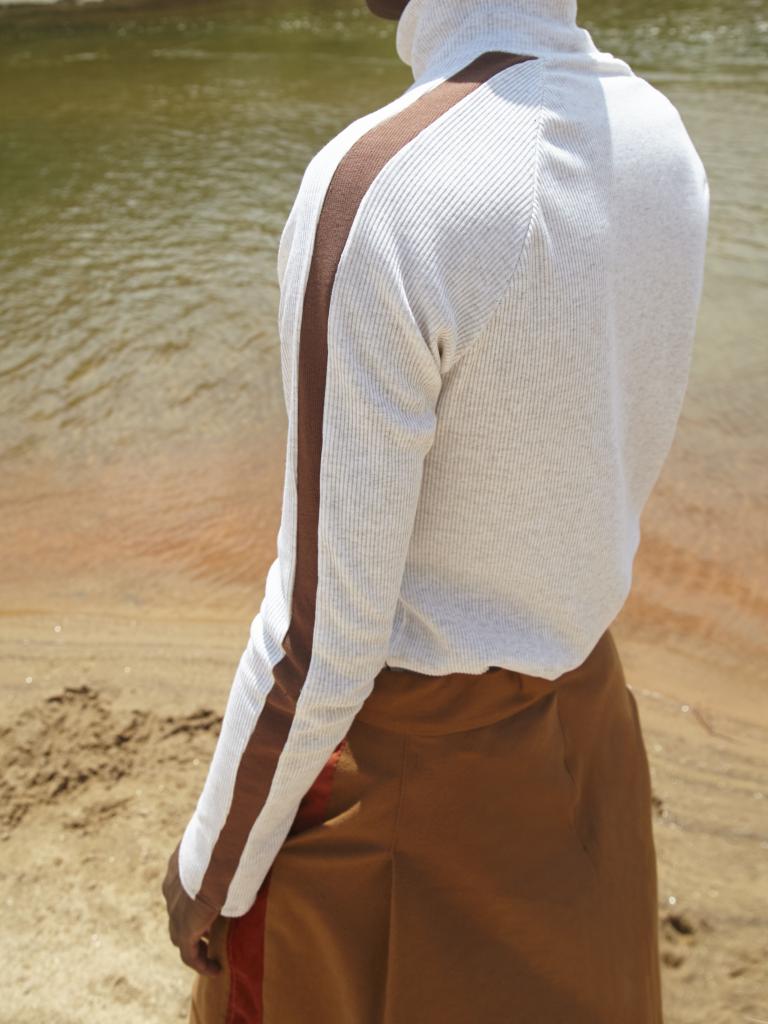

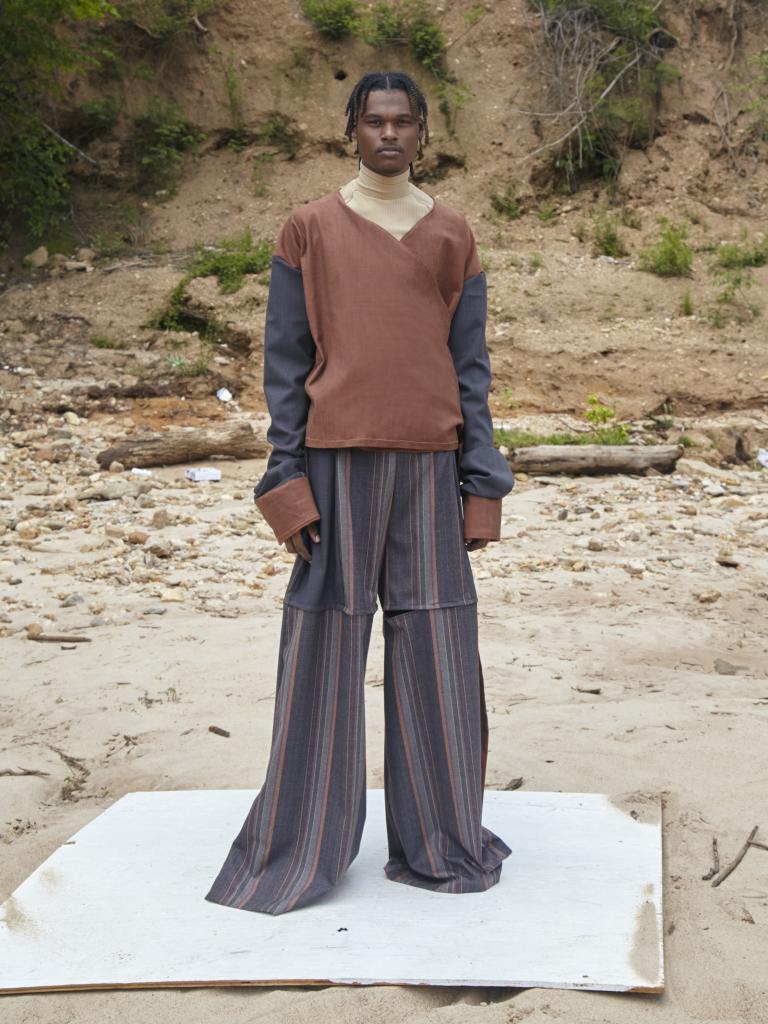
Written by: Naafia Naah
Lookbook photography by Christian Cody, courtesy of Rikki Raiford

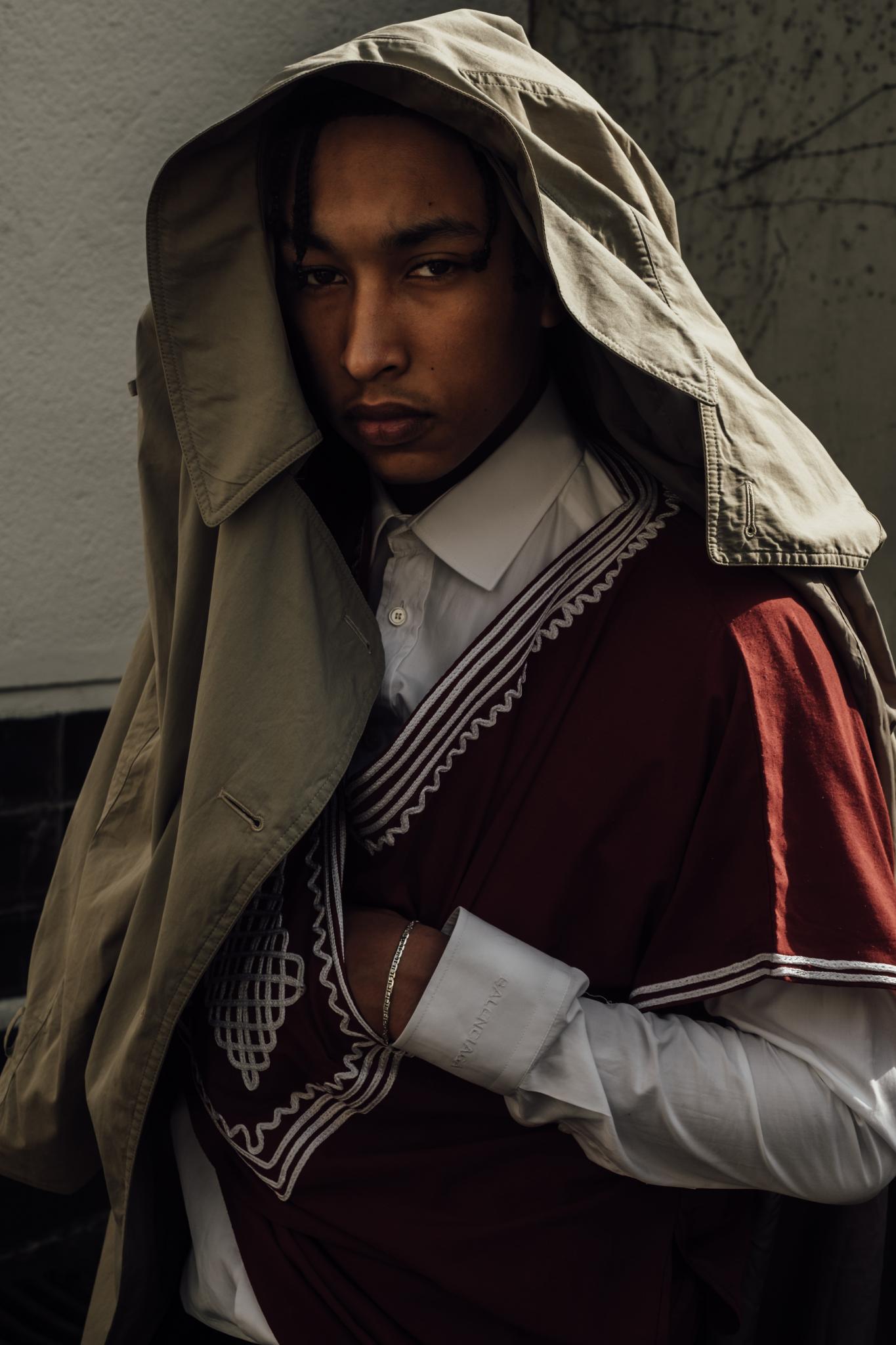
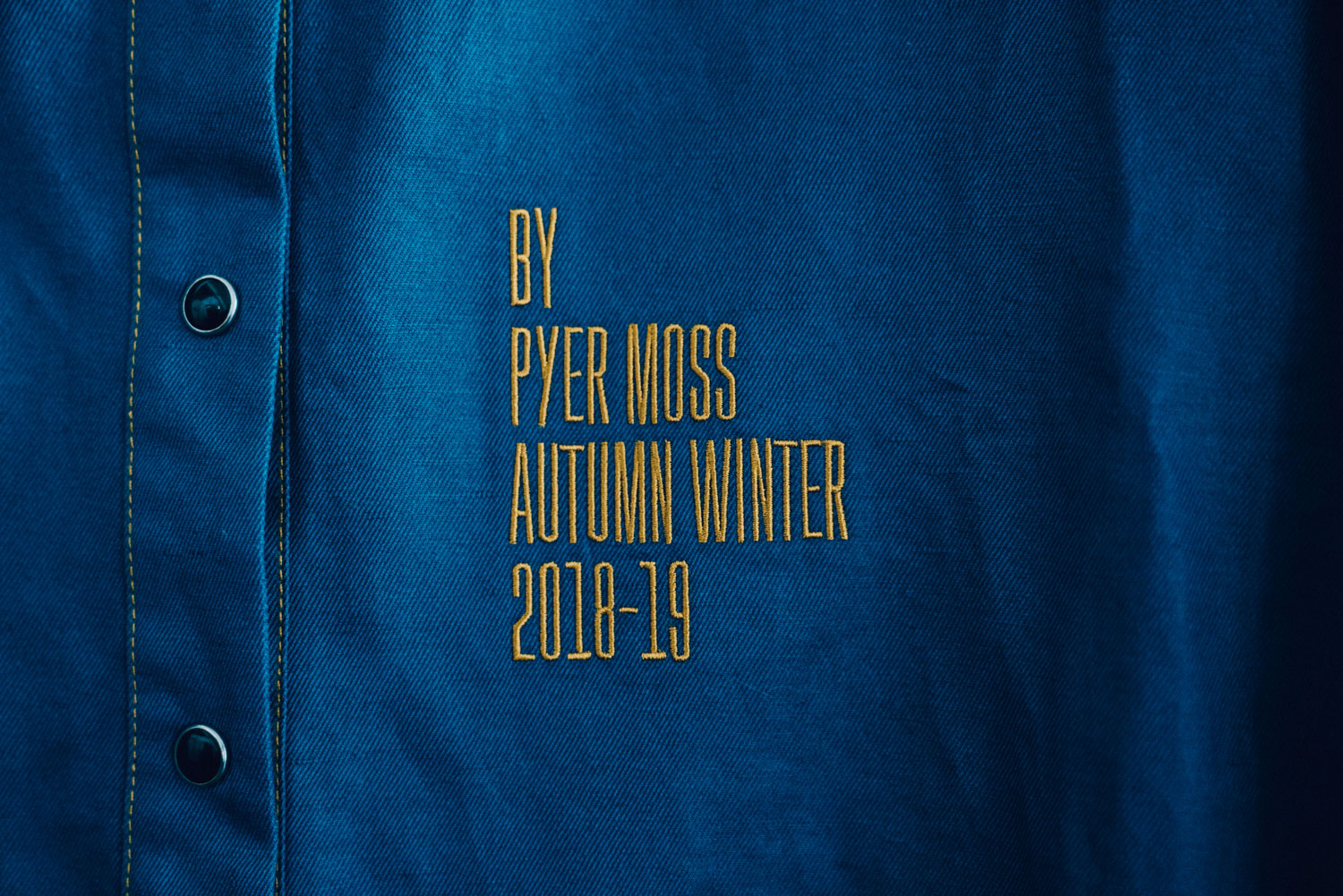
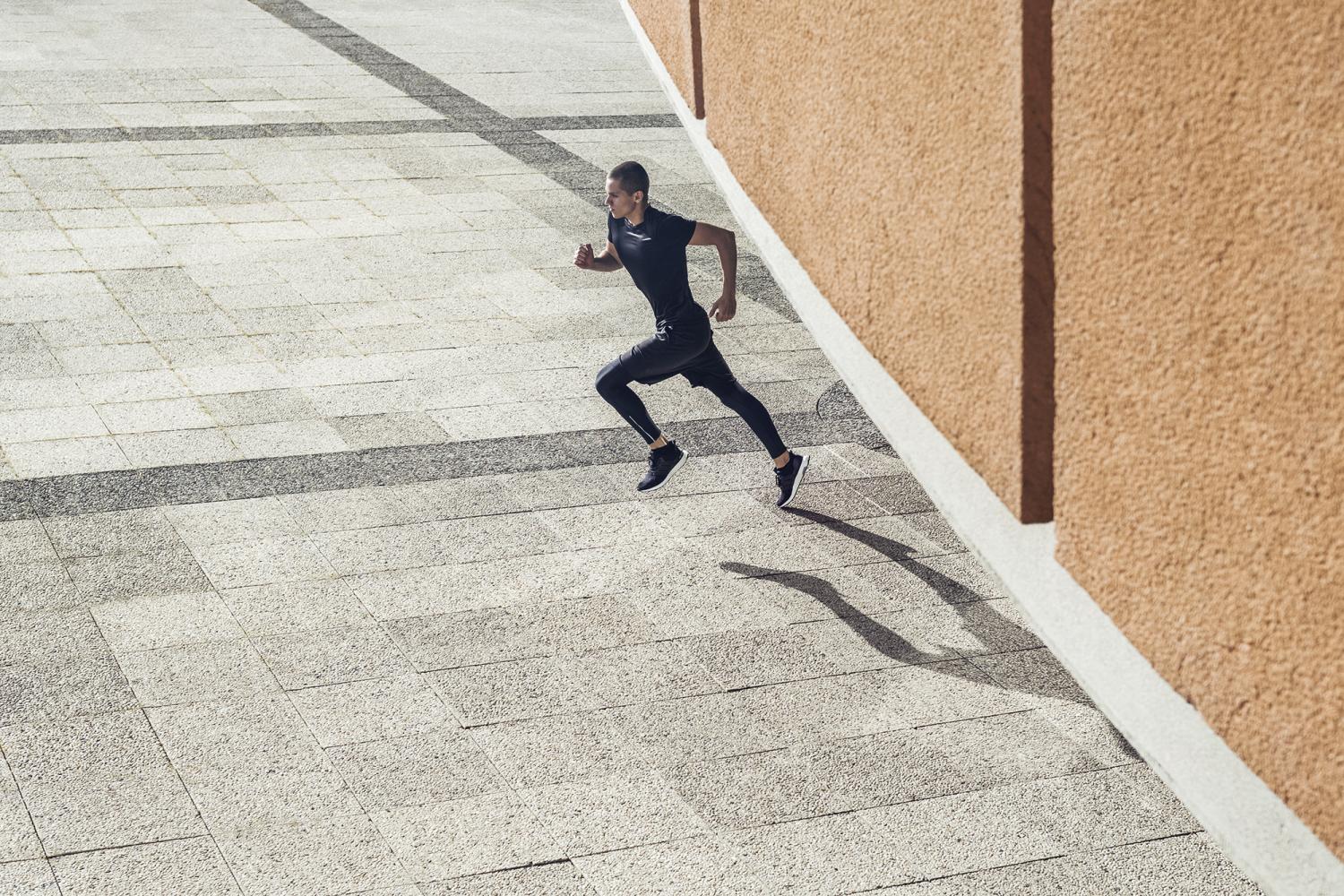
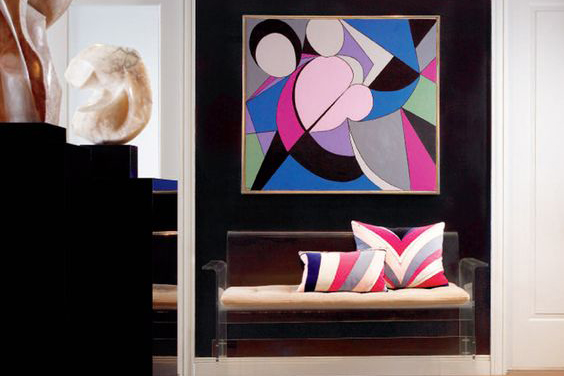
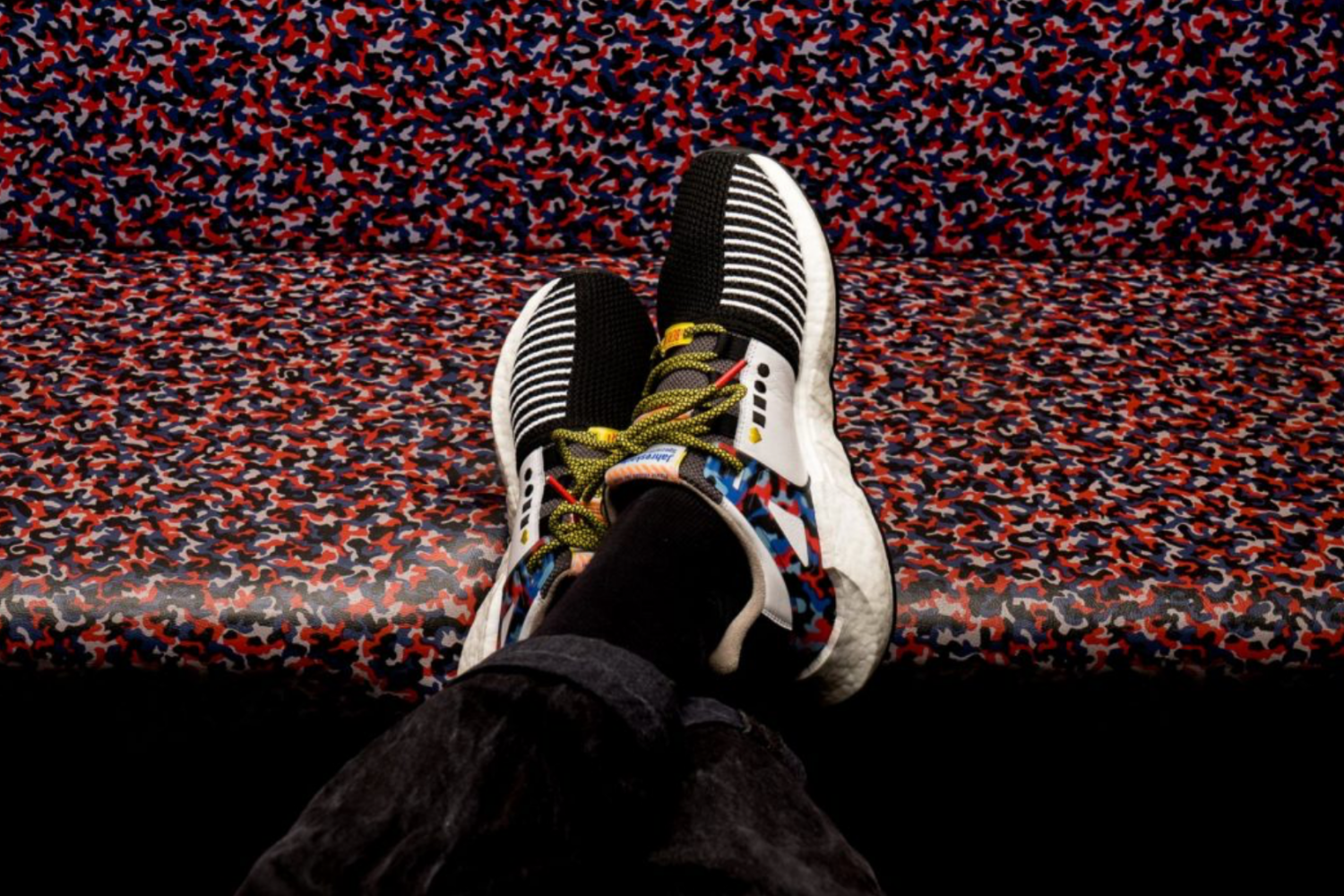
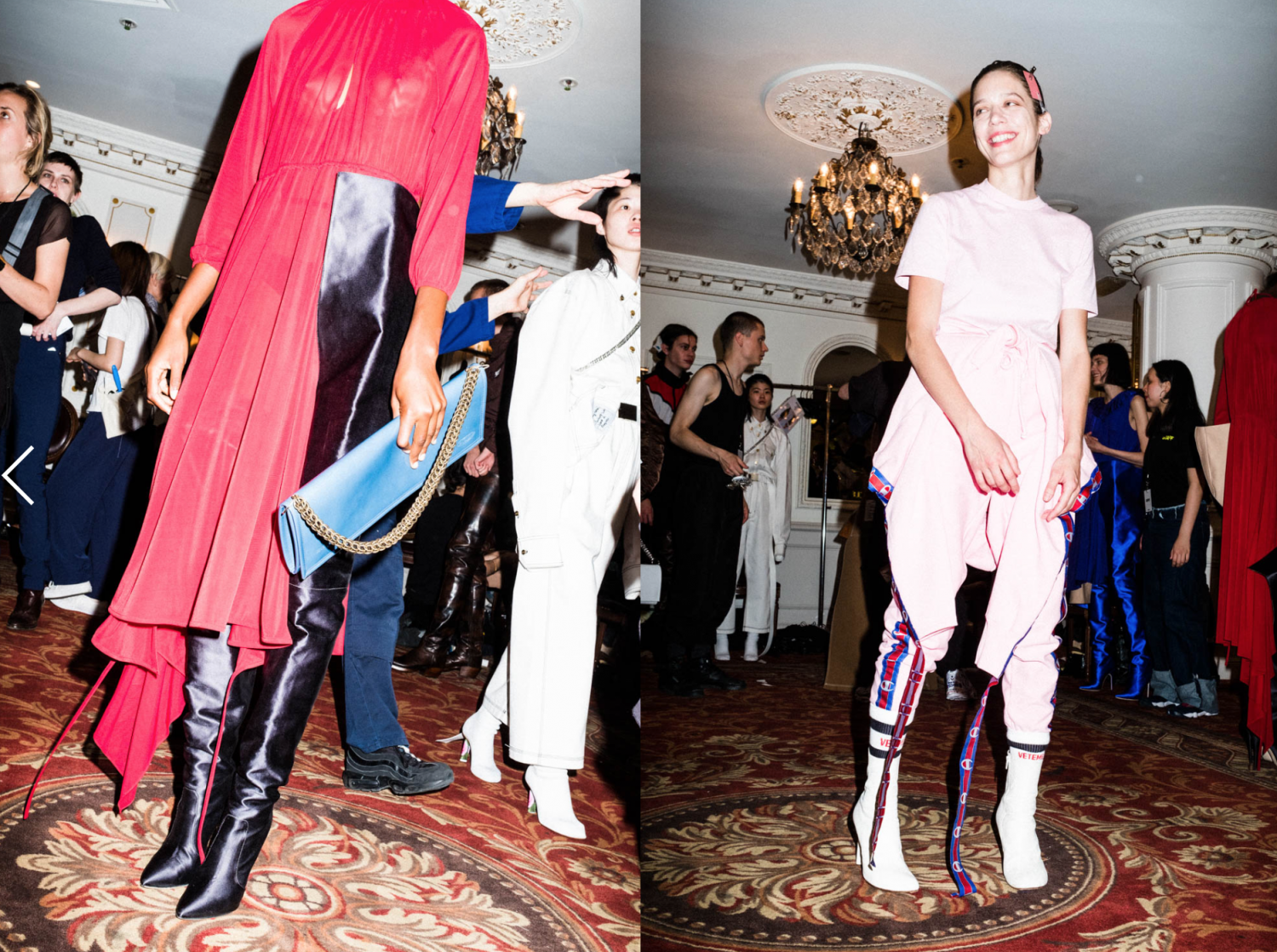
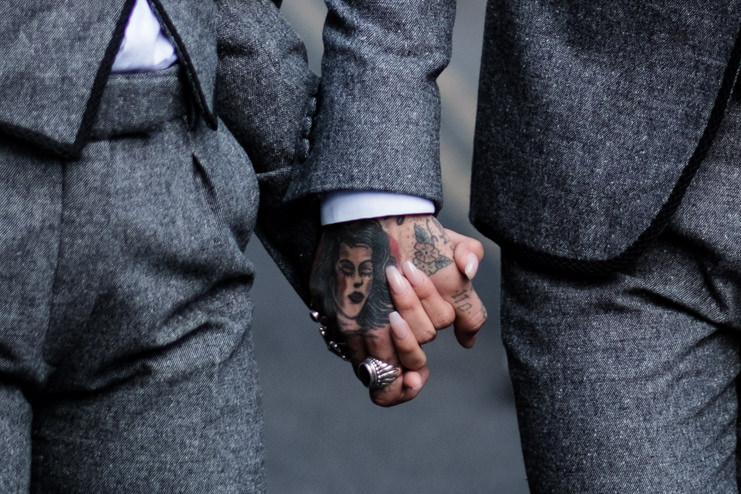
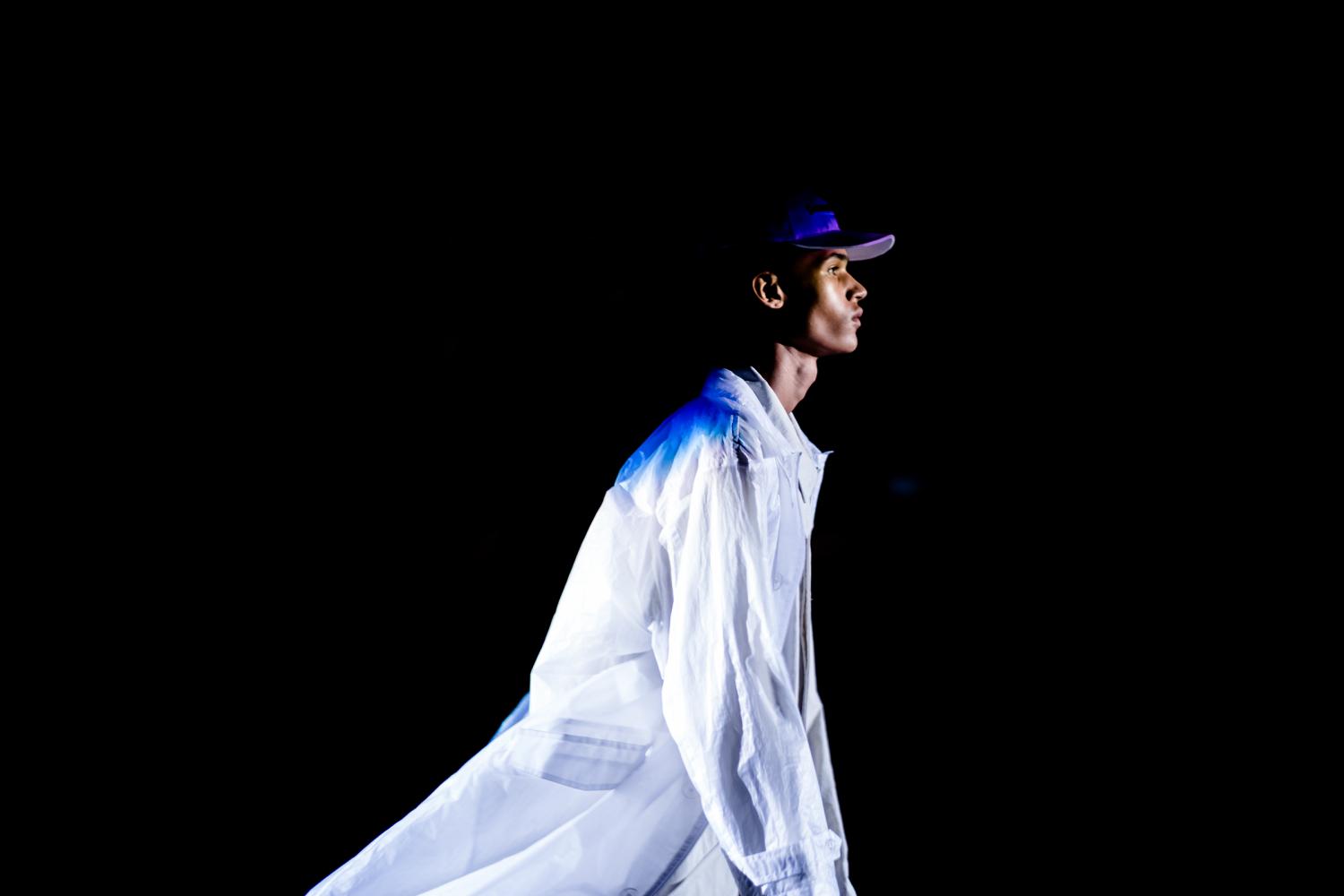
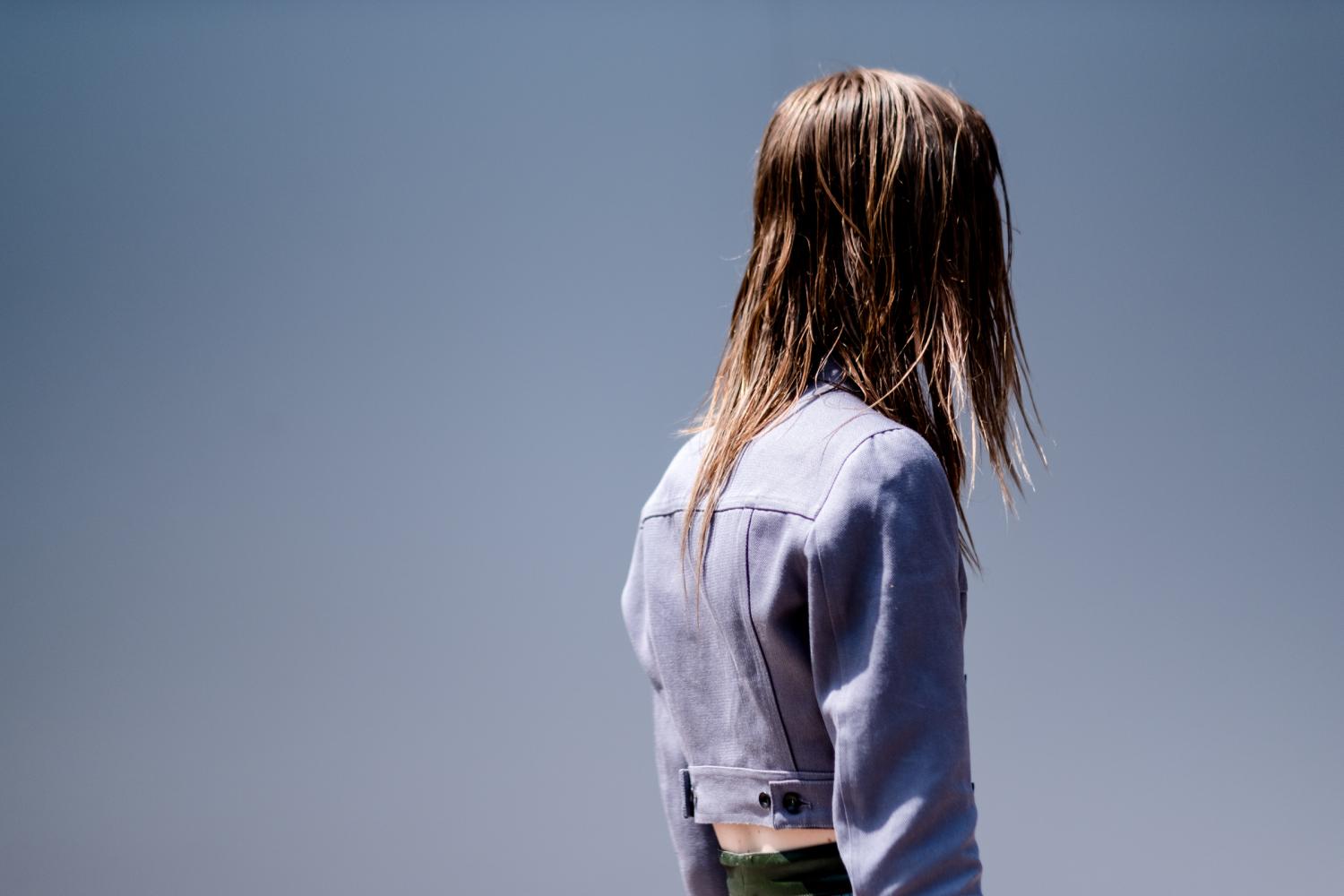
Such a great collection